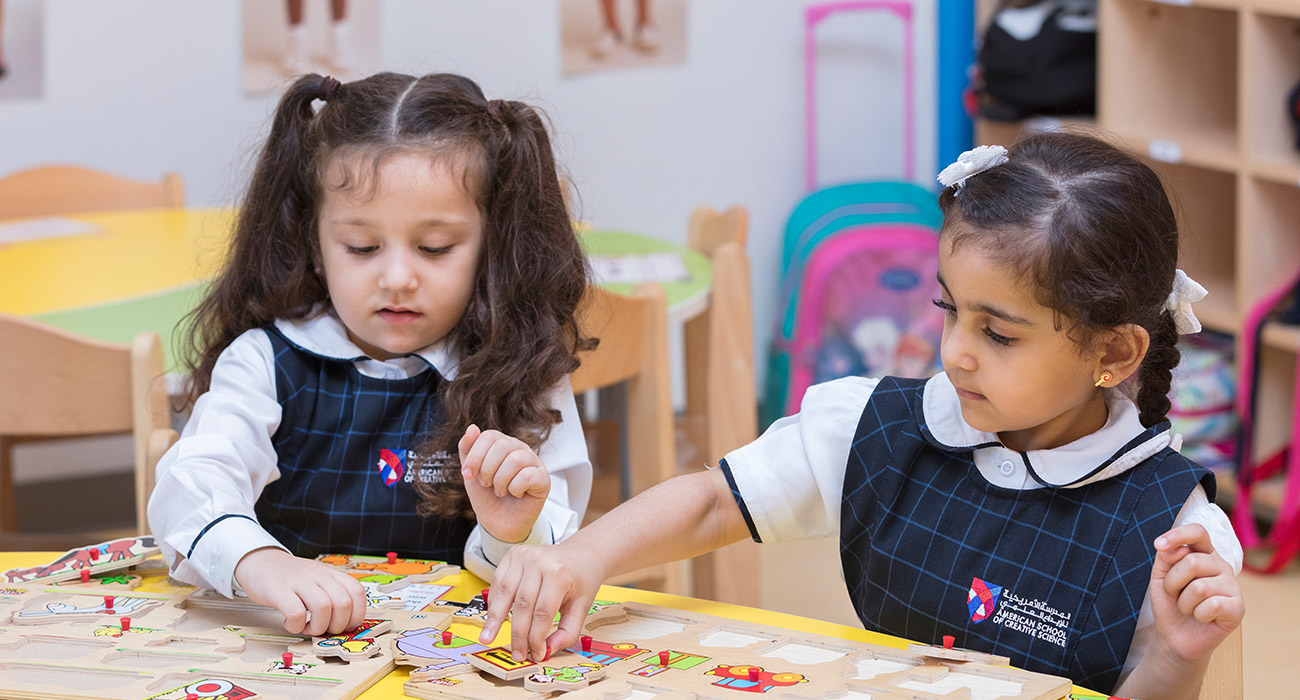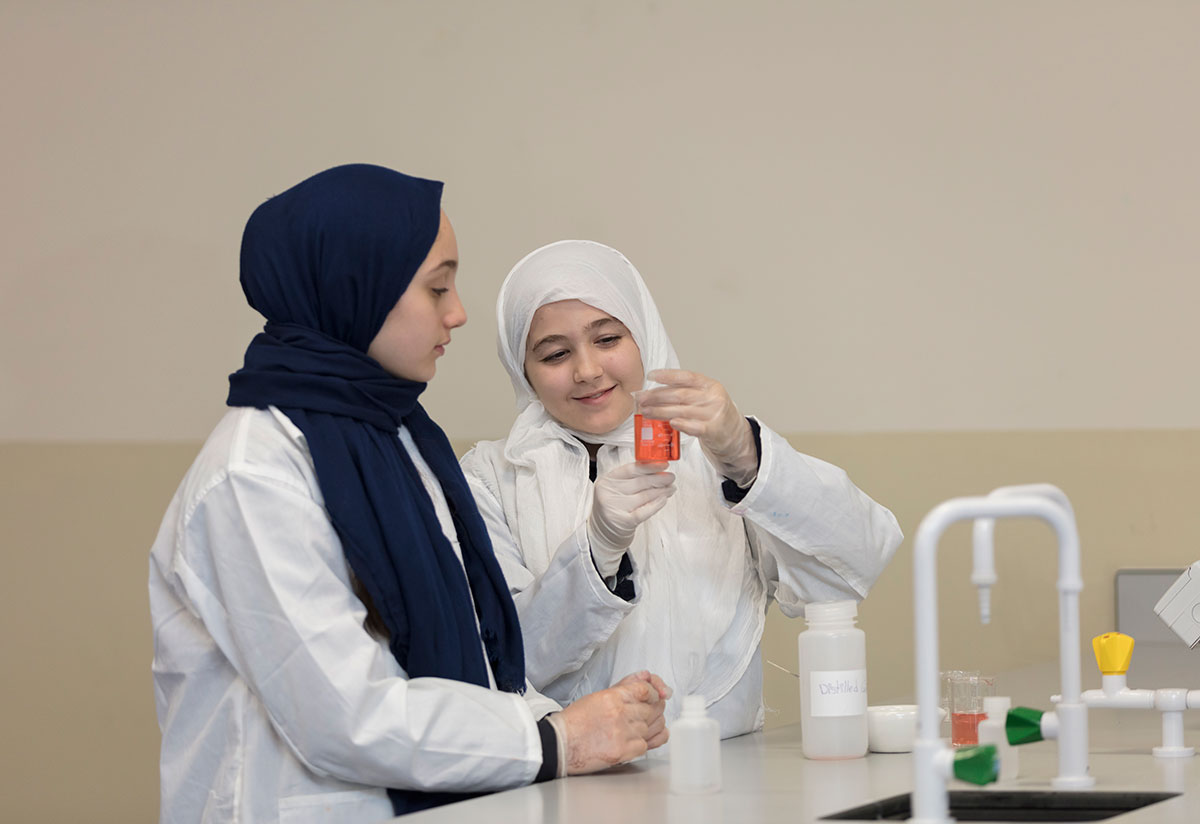
Food for Thought: What Foods Assist with Younger Learning

Convincing children to eat healthy foods can be a struggle for parents. But a healthy and balanced diet isn't just important for a child's growth – it's important for their brain function, too. Research has shown that nutrition can make a real difference in a child's ability to learn, to concentrate, and to feel positive throughout the day. Some foods have been proven to be more effective than others at improving cognitive ability, growth of brain cells, and at releasing energy in the brain. Parents will often need to find creative ways to introduce these foods in their children's diets, especially if they are fussy eaters. It helps to involve children in the process of making lunches or choosing groceries, so they feel excited when it's time to eat.
Breakfast is extremely important for primary school-aged children. Many children skip breakfast or eat in a rush to get to school in the morning. Research has shown, however, that children who eat breakfast perform significantly better in school and experience fewer behavioral issues. Breakfast foods should ideally be rich in protein and complex carbohydrates so that they are digested slowly. This provides the body with energy throughout the day. Eggs and oatmeal are both good breakfast options. The nutrients in eggs help with the creation of memory stem cells, thus improving memory, while oatmeal is high in fiber, which gives kids a good dose of slow- burning energy.
Whole wheat breads and cereals are also an excellent source of energy. Whole grains are widely known for their role in helping brain development and improving focus. Whole wheat bread is also rich in the vitamin folate, which helps in forming memory cells in the brain.
Milk is an essential food for young children. It is a good source of protein and vitamin D. Calcium is also a key nutrient in milk that helps regulate energy and plays an important part in neural function. Full-fat Greek yogurt is another way of getting your child to increase their dairy intake, and it helps brain cells stay healthy and strong.
Fish contain omega-3s and vitamin D, which keeps children mentally alert and protects memory cells from damage. Nuts and seeds also contain fatty acids, along with vitamins and minerals, that keep the nervous system from declining and improves mood.
When kids are feeling lethargic, they'll want something sweet to satisfy their craving and give them an energy boost. Fruits such as strawberries, blueberries, apples, and plums contain antioxidants that keep mental skills from deteriorating. With these nutrient-rich foods as part of a balanced diet, children should have no trouble feeling active and ready for any challenge every school day.









